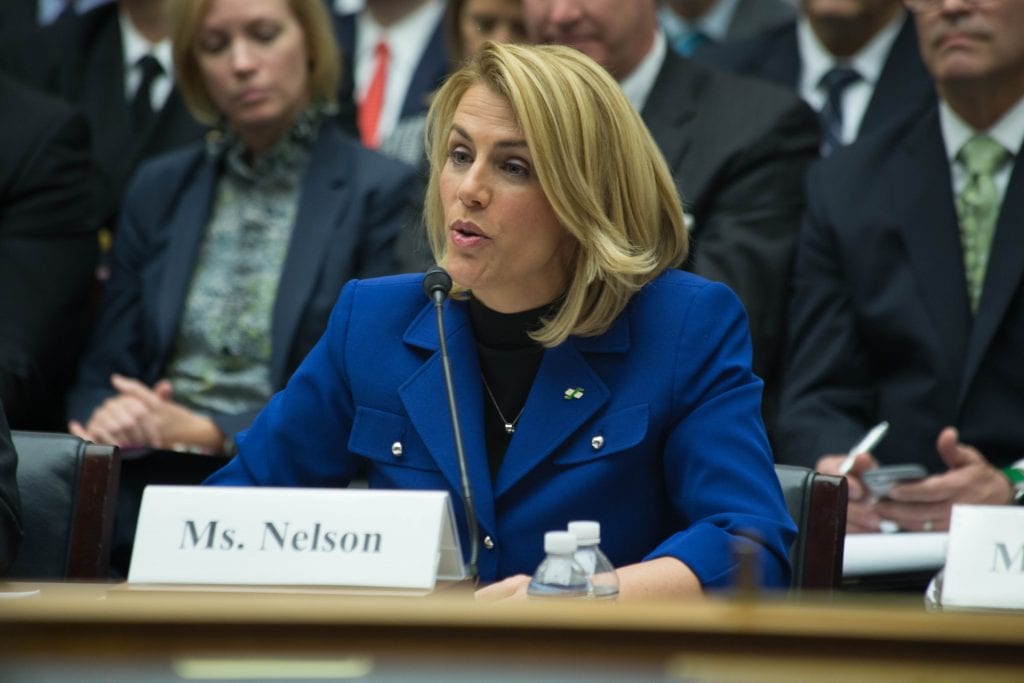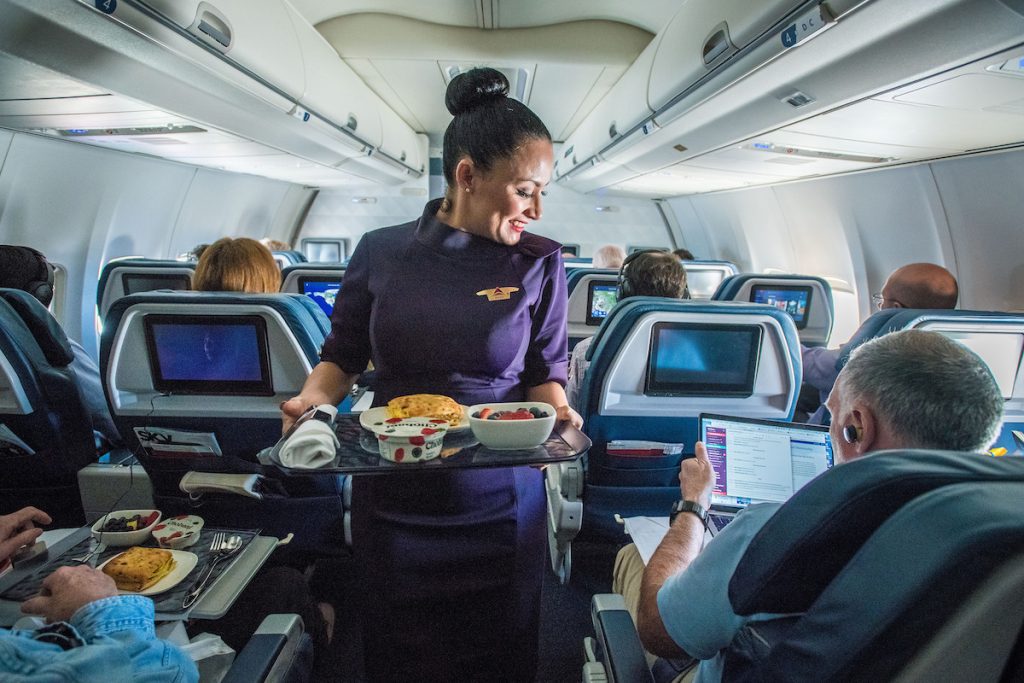The U.S. Senate on Tuesday confirmed former United Airlines executive Michael Whitaker as the next administrator of the Federal Aviation Administration.
Whitaker, who most recently was chief operating officer of Hyundai-owned urban air mobility startup Supernal, was confirmed with unanimous bipartisan support late on Tuesday. He is the first confirmed FAA administrator since former administrator Steve Dickson stepped down in March 2022.
“Whitaker is the right person at the right time to lead the FAA into the next generation of aviation,” American Airlines said in a statement. “His sterling qualifications in the industry and robust experience as a former FAA Deputy Administrator will be invaluable as the FAA modernizes our nation’s aviation system and maintains the highest levels of safety across the industry.”
The question of qualifications derailed the confirmation of President Biden’s first nominee to lead the aviation regulator, Denver airport chief Phil Washington. Washington, who was an advisor to Biden in the 2020 presidential campaign, was known as an effective leader of transit agencies in both Denver and Los Angeles. Senators, however, questioned Washington’s aviation know how and delayed his confirmation, which eventually led to him withdrawing from consideration in March.
Whitaker, in comparison, has experience at United, as a deputy administrator of the FAA, and in the emerging urban air mobility segment.
“Mike will take the reins at a pivotal time for the FAA,” U.S. Secretary of Transportation Pete Buttigieg said. “The national airspace is busier and more complex than ever and the challenges are many, from addressing serious close call incidents that have put the entire aviation community on notice, to the need to keep up the FAA’s momentum on air traffic control hiring and training, to continuing to be creative and collaborative with airlines to keep cancellations low after the spike in disruptions last summer.”
The FAA faces a shortage of air traffic controllers that was a contributing factor in the numerous delays at the New York-area airports this summer. Current forecasts estimate that, barring a government shutdown and a lapse in funding, it will take about five years to close the roughly 3,000-controller shortage across the U.S. Whitaker will lead these efforts in his new role.
“We look forward to working collaboratively with the administrator to address the critical issues facing our National Airspace System, including air traffic control staffing shortages and NextGen [air traffic control] modernization implementation,” aviation trade group Airlines for America said. “These complex challenges underscore why steady, permanent leadership at the agency is necessary, especially given the anticipated growth in demand for passenger and cargo air transportation.”

